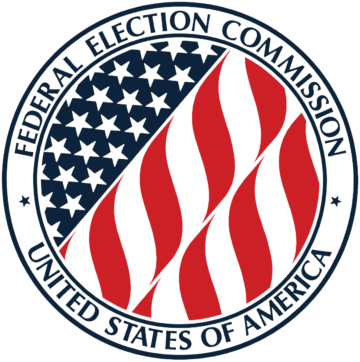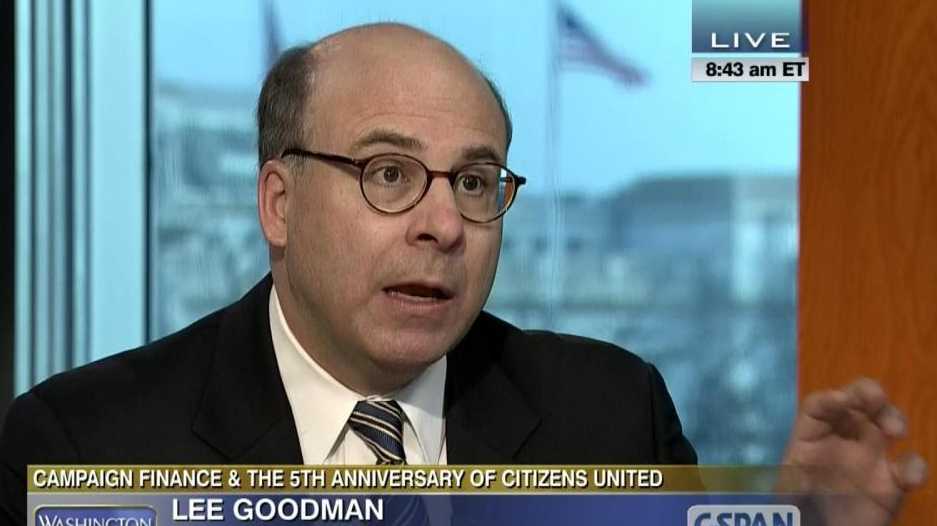The Federal Election Commission is the independent agency charged with enforcing federal campaign finance law and enacting campaign finance regulations. The FEC was created after the Nixon Administration’s Justice Department pursued criminal campaign finance charges against the President’s critics. In light of that effort, Congress correctly rejected the idea of letting a future president effectively control a government agency tasked with regulating political speech, and designed the agency with six members, no more than three from any political party, to ensure that its decisions remained bipartisan.
Political campaigns are, fundamentally, the exercise of First Amendment activity. Thus, the FEC is the only federal agency whose sole purpose is the regulation of a core constitutional right. It is therefore imperative that the agency give great deference to political speech when issuing opinions and regulations. Activists intent on expanding political speech regulations, both inside and outside the Commission, have pushed for reforms to the agency that would eliminate its bipartisan structure, and otherwise make regulating political speech easier. Such action would be harmful and unwise. Without the agency’s bipartisan design, every FEC action would be tinged with politics and viewed by some as illegitimate.














